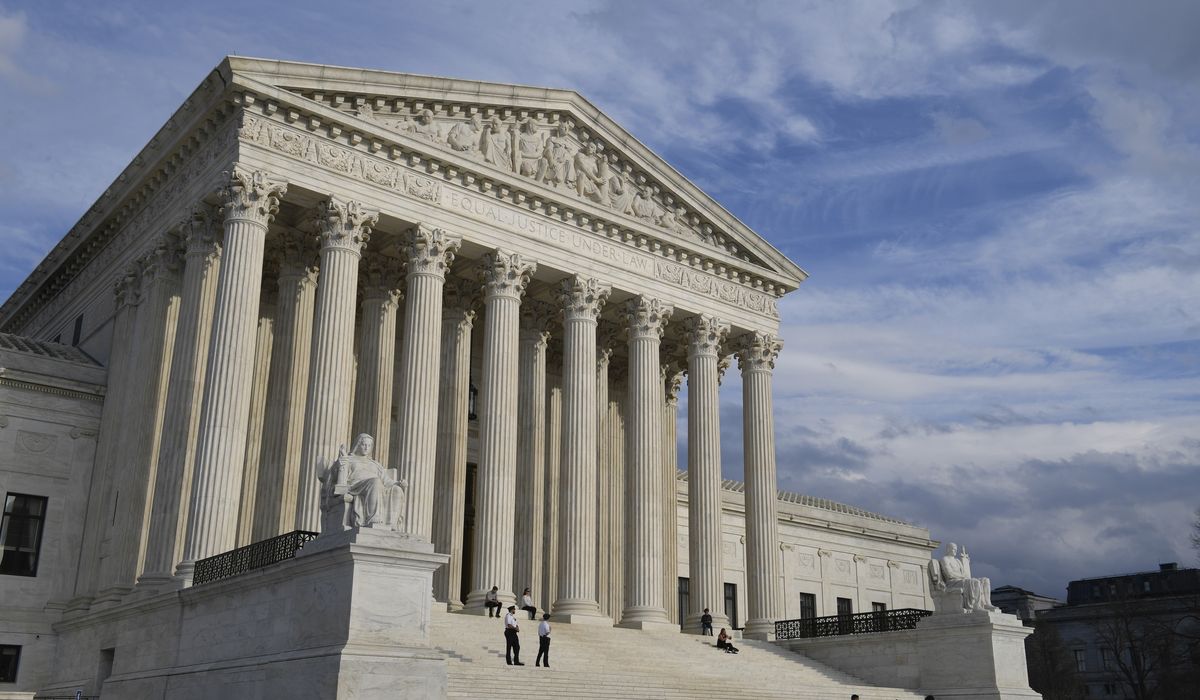Supreme Court blocks ruling in White House social media censorship case

On Friday, the Supreme Court issued a temporary suspension on previous court decisions that had mandated the White House to cease exerting pressure on social media platforms to remove content that contradicted the administration’s views.
The justices have stated that they will expedite the case for review. However, they have also mentioned that while the case is pending, the previous order from the lower court, which was against the White House, FBI, and other federal agencies, will be put on hold.
The White House and other top-level administration officials were found by lower courts to have employed a “coordinated campaign” of pressure in order to persuade social media companies to restrict the visibility of posts that contradicted the administration’s stance, specifically regarding the coronavirus and the 2020 election.
A comprehensive directive was issued by a judge in the district, instructing the government to cease its actions.
The ruling was limited by an appeals court, stating that while the administration had the right to express its opinions under the First Amendment, it was not allowed to forcefully manipulate social media companies through threats or other inappropriate means.
At least four out of the nine justices needed to reach a consensus in order to accept the case.
The court didn’t say who was on which side of that question, but Justices Clarence Thomas, Samuel A. Alito Jr. and Neil M. Gorsuch said in an opinion Friday they would have let the lower court order stand as the case makes its way onto their docket.
Justice Alito expressed concern over today’s decision, stating that government censorship of private speech goes against the principles of our democratic government.
Missouri, Louisiana, and multiple private entities initiated the lawsuit.
Social media companies were accused of restricting or suppressing the reach of certain posts based on requests from government officials. These targeted messages included inquiries about the source of the coronavirus, objections to lockdown measures during the pandemic, doubts regarding the legitimacy of Hunter Biden’s laptop, and allegations of electoral fraud.
As the case progressed, the government had no choice but to provide a substantial volume of evidence regarding the pressure exerted by campaign officials. This evidence included threats to enforce additional regulations on social media companies unless they complied with the government’s demands.
Judge Terry A. Doughty of the U.S. District Court acknowledged the government’s impressive track record in persuading social media companies to collaborate. However, he referred to this as a “widespread campaign of censorship” and issued a ruling to cease all forms of communication between officials and these companies.
The findings of Judge Doughty were supported by the 5th U.S. Circuit Court of Appeals, although they believed that his overall restriction on officials reaching out to social media companies was excessive.
They narrowed his injunction to apply only to the White House, CDC, FBI and Homeland Security’s cybersecurity agency, and limited the prohibited conduct to attempts to coerce the companies.
The Justice Department has requested the intervention of the Supreme Court to pause the decisions made by the lower court. They have highlighted various scenarios where the government’s capacity to carry out its operations could be restricted.
Justice Alito pointed out that the Biden administration merely presented hypothetical situations and did not provide evidence of any actual negative consequences that would result from upholding the 5th Circuit’s decision.
Justice Alito wrote that the restriction is applicable only if the Government goes beyond its boundaries and starts to force or manipulate the freedom of speech of others. Is the Government under the impression that the First Amendment permits officials from the Executive Branch to partake in such behavior?

